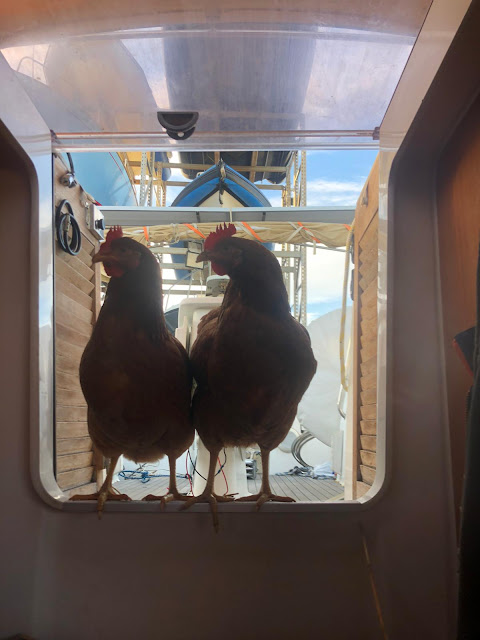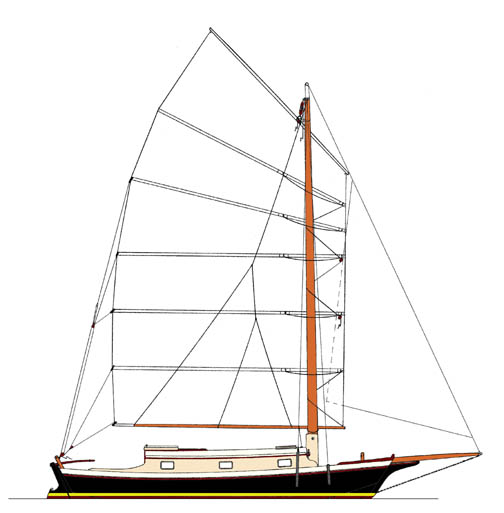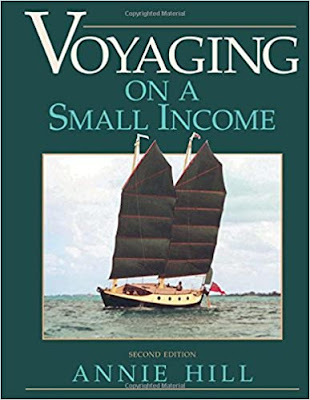Back when I was building a catamaran in France just about everyone I knew (and many I did not) shared their opinions that catamarans were a death trap. Yachting Monthly, PBO, Sail, and Cruising World were all running articles and editorials telling me that cats were just not the sort of boat any sane person would want to take cruising.
Today, most of the advice I get is that monohulls are history and that I Need (yes with a capital "N") to cruise on a cat because all the cool kids are on catamarans now.
Different times and fashions...
Which brings me around to the thing I like about boats and cruising is the freedom to do your own thing in spite of the prevailing fashion and its related pressure to conform. In short, it's the freedom to do your research, homework, and fulfill inner desires to come up with what works for you within the realm of what's possible.
Now, while I'm more focused on long term sustainability and affordable boats, I have no issue with folks who cruise on a $750,000.00 catamaran and the lifestyle it entails. That being the case, I'll point out that there's not a whole lot that I find interesting or useful that I can take away from someone cruising within that envelope.
On the other hand, I can learn a lot from a couple cruising full time on a Westerly Centaur with a limited budget. Which is not to say I'm advising you to cruise on a Centaur but simply that you get to choose what sort of boat best fits you rather than what the current fashion or fad decrees is the right or best way to go.
Which, considering the whole peer pressure and keeping up with the Joneses aspect of things, is not always an easy road to follow these days. Still it's not impossible to sort out a course through the noise with a bit of study and critical thinking based on what makes sense for you and your situation.
Next up, a reading list and a homework assignment.



